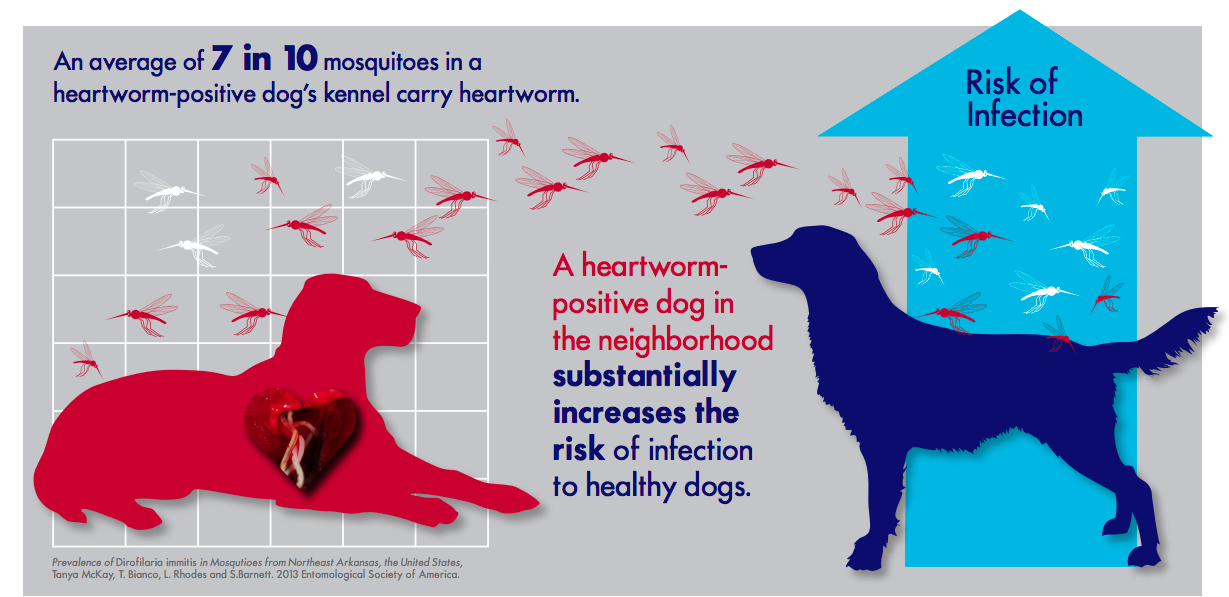14 Foods You Can Share With Your Dog
14 Foods You Can Share With Your Dog
Blog Article
Can Pet Daycare Reason Health Problem?
Dogs in childcare obtain lots of exercise, socializing with other dogs and unique experiences. This can be especially valuable for puppies and pets with behavior problems.
There are several legal considerations you require to think about when beginning a dog childcare organization. These consist of the framework of your business and compliance with government policies.
1. Dog Distemper
Canine distemper is spread with straight contact with the physical liquids and waste of a contaminated pet dog, however it can likewise be sent by means of common water and food bowls or via air-borne beads. This very contagious illness is most dangerous for puppies, but it can impact dogs of any age and is fatal for most if left neglected.
Initial signs of canine distemper frequently imitate a common cold, including runny eyes and nose with watery or pus-like discharge. As the disease proceeds, a pet will certainly create high temperature, coughing, lowered cravings, throwing up and looseness of the bowels. The infection can likewise assault the nerve system, resulting in seizures, twitching and partial or complete paralysis.
Reliable daycares reduce exposure to infection by requiring inoculations, regular health examinations and comply with stringent hygiene protocols. If your pup appears extremely worn out or limping, a day of rest may help him recover, but you should stay clear of taking him back to childcare till these signs clean up.
2. Kennel Cough
Kennel coughing, additionally called contagious canine tracheobronchitis or Bordetella, is an extremely contagious viral or bacterial condition that impacts the breathing tract. It's commonly moved with the exchange of saliva or air droplets that a sick dog breathes out. Social pets go to higher risk for infection as a result of their regular interaction with one another, such as when they play, share food or water, smell one another or simply fulfill in a congested atmosphere like a dog park or childcare.
One of the most common symptom of kennel coughing is a consistent and forceful coughing that seems like something stuck in the throat or retching. Often, pets will certainly cough up frothy white phlegm. If left without treatment, a pet dog can develop pneumonia and go to severe risk permanently.
A trustworthy childcare facility should have rigorous cleaning and sanitation methods, sterilize all playthings, food and water bowls on a regular basis, and be open regarding their vaccination plans. Keeping your pet as much as date on their inoculations, particularly for bordetella and canine influenza, will considerably decrease their chances of acquiring the illness.
3. Parvovirus
Canine parvovirus, or parvo, is a very infectious viral ailment that can be dangerous for puppies and young person canines with poor body immune systems. It's most commonly spread dog kennel boarding out by direct contact with infected canine feces-- which can take place when canines smell, lick, or taste contaminated feces-- and indirectly from polluted individuals, items, or environments (like kennels, brushing spaces and grass). Young puppies and dogs without total vaccination backgrounds are particularly susceptible to parvo.
The infection is incredibly resistant, making it through in the environment for approximately nine years, and can conveniently be moved between pet dogs by contact via feces or on footwear, clothes, and bed linens polluted with parvovirus. If not dealt with promptly with IV fluids, electrolyte equilibrium, throwing up control medications and anti-biotics to stop additional microbial infections, a pet dog will quickly dehydrate and create serious diarrhea, which brings about shock and sepsis. Parvo is difficult to heal when a dog has actually ended up being ill, but with ideal veterinary care, lots of puppies do endure this health problem.
4. Canine Flu
Canine flu virus is very infectious and spreads via straight get in touch with, sharing food and water bowls, licking or nuzzling other pets, via airborne droplets, and via polluted surfaces. Inoculation works in decreasing the risk of infection and episodes.
A lot of impacted dogs develop a light breathing infection with a cough that lasts 1-3 weeks. They might additionally have nasal and ocular discharge, sneezing, and lethargy. Several of one of the most significant instances lead to pneumonia and a high fever.
If your canine displays any of these symptoms, do not bring them back to childcare till they are healthy and balanced. If your canine is showing signs of severe tiredness or limping, talk to your veterinarian as soon as possible and make certain they are on health supplements to assist build their immunity. A vet will certainly review your pet dog for signs of the influenza by taking a sample from the nose or throat, and blood tests can be done to confirm.